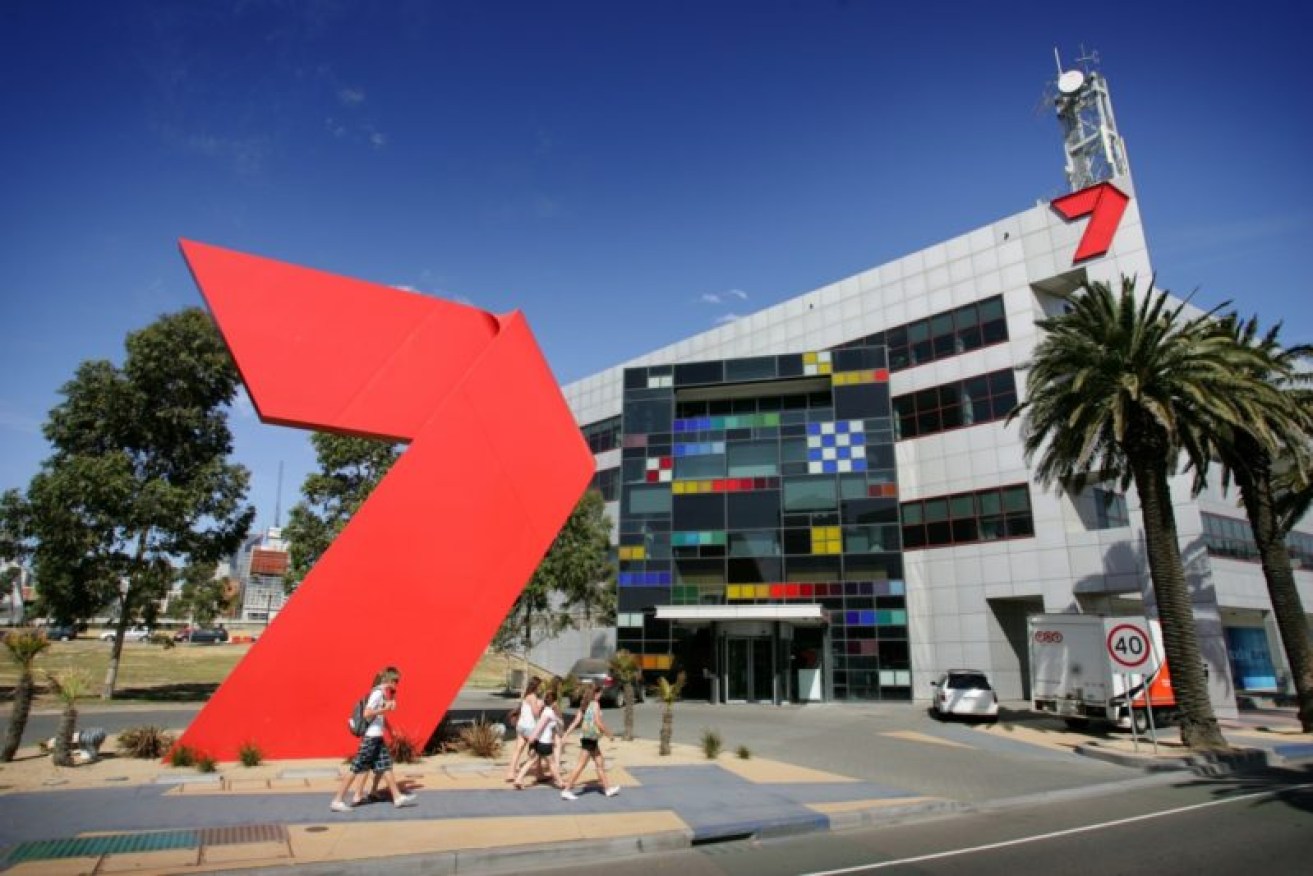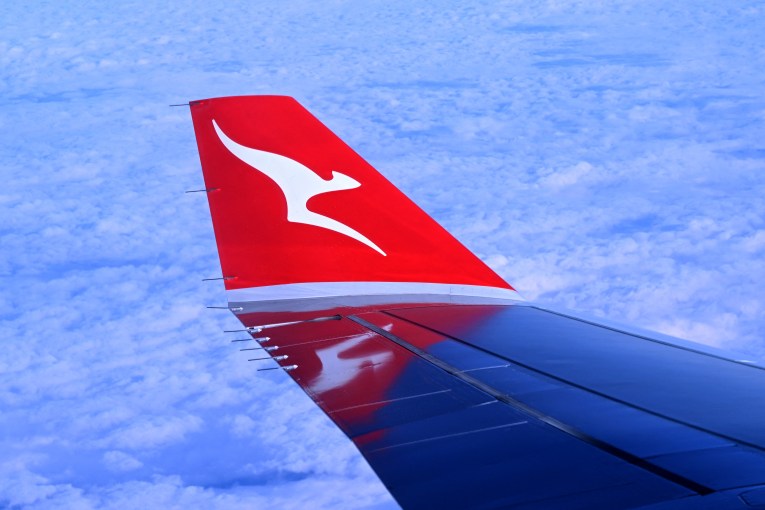Seven, News Corp could merge as media shake-up continues


Seven is looking for growth options after its competitors merged. Photo: AAP
The Seven network looks to be exploring the possibilities of a merger with News Corp Australia as it builds agreements with some of its subsidiaries to boost revenues in a weak media market.
Just days before the Australian Competition and Consumer Commission (ACCC) makes a decision on the proposed Fairfax-Channel Nine merger, Seven has admitted it is having conversations with the News-controlled REA Group about commercial partnerships.
That news comes just a week after News and Seven announced a deal they described as aiming to “innovate and disrupt the automotive advertising category”.
That means it will allow car advertisers to spread their advertising across both companies’ media platforms.
Seven did not detail what it wanted with REA, a real estate advertising giant with 66 per cent of the market. It is 61 per cent owned by News.
However, the aim is to give attractive deals to REA advertisers across its TV, digital and print media platforms to boost overall revenues.
‘Open to collaboration’
The imperative for such a tie-up has been built up by the Fairfax-Nine deal, which will see Fairfax’s Domain real estate subsidiary benefit from a new TV partner.
As a result other media players are scrambling to cobble together deals to keep up with opponents.
“The nature of media now is that most players are likely to collaborate in some areas while competing in others,” a Seven spokesman said.
“We’ve made it very clear that we are open to collaboration and partnerships to create benefits for our business and our advertising partners. Like any brand that is looking to market themselves, we will work with REA if it makes sense for them and for us.”
Independent media analyst Peter Cox said he viewed these deals as a “step-by-step approach to a merger”.
“It avoids the immediate problems of ACCC acceptance and other opposition if they went ahead now,” he said.
New era for Australian media
Seven feels the need to move because it has been left flat-footed since the government changed media ownership laws last September, allowing TV, print and radio groups to merge in the same market.
Since then Nine has announced its Fairfax takeover deal, and US giant CBS has bought Channel Ten.
Television expert Marc C-Scott from Victoria University said that while Seven would be feeling restive it might be best taking small steps rather than a big move.
“We’ve got a global giant buying a local station and a local merger,” Dr C-Scott said.
“I think they need to see what happens; it’s not something they need to do quickly.”
He believes Seven will be thinking of other options.
“The thing with Seven is they have no video-on-demand service while Nine has Stan, and Ten will launch Ten All Access with CBS soon,” he said.
Finding a partner there could be crucial given that Netflix is taking viewers from traditional free-to air-television and another film giant, Disney, is moving into that space.
Another television industry insider told The New Daily that the Stokes family, which controls Seven, is widely believed to be wanting to sell but needs to beef up the company before that is possible: “They need to get bigger as no one will touch them now.”
Merger values questioned
Andrew Dodd, a media professor at the University of Melbourne, said any merger between Seven and News would likely breach rules demanding five independent voices in one urban market because Seven already has television and newspaper interests in Perth.
While it would be negative for media independence to allow such a merger, it could be a difficult argument to pursue given precedents already set.
“Once you’ve allowed one or two such deals to go through, how do you say to Seven and News that they can’t?” Professor Dodd said.
Mr Cox cast doubt on the ultimate value of bringing together newspaper and TV groups to shore up revenues in a declining market.
“It’s Jurassic Park gone mad,” he said.








